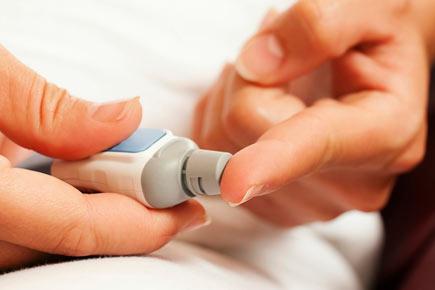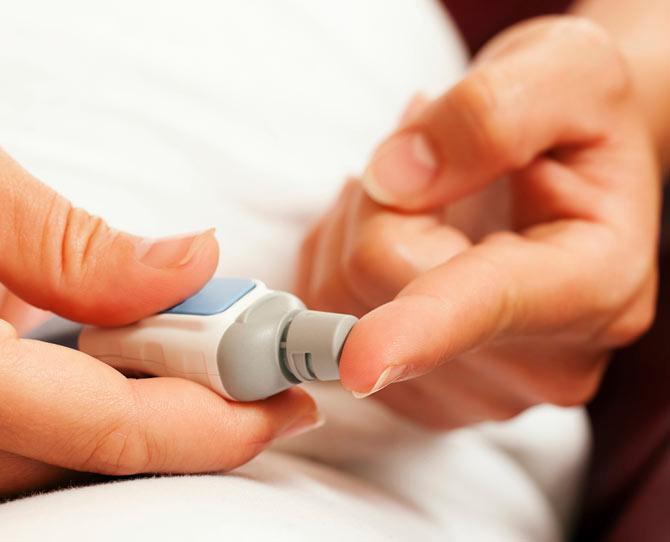Widespread diabetes screening in India is ineffective and glucometer-based screening tools are unlikely to meet effectiveness criteria, Indian American scientist Sanjay Basu from Stanford University and his team has found

Diabetes screening
Washington: Widespread diabetes screening in India is ineffective and glucometer-based screening tools are unlikely to meet effectiveness criteria, Indian American scientist Sanjay Basu from Stanford University and his team has found.
The findings suggest that large numbers of false positive results are wasting financial resources in India.
ADVERTISEMENT

Representational picture
"Improving instruments to reduce false positive screens, preparing the health system for very substantial confirmatory testing demands and identifying how to deliver efficacious treatment, are three priority areas," explained Basu, assistant professor of medicine.
Basu uses mathematical models, statistics and data analysis to battle chronic disease in the developing world, including India.
For the new study, the researchers developed a micro-simulation model -- a computer model that operates at the level of individuals - to investigate the implications of using alternative screening instruments to identify people with undetected diabetes across India.
Depending on which approach was used for screening, between 158 million and 306 million of the 567 million Indians eligible for screening would be referred for confirmatory testing.
"However, between 126 million and 273 million of these high-risk individuals would be false positives; only between 26 million and 37 million would meet the international diagnostic criteria for diabetes," the authors wrote.
The researchers estimate that the cost per case found would vary from $5.28 (Rs.336) for random glucose screening) to $17.06 (Rs.1087) for a survey-based screening instrument.
Finally, they estimate that the total cost for screening the eligible population would be between $169-$567 million.
The findings of poor test specificity are consistent with results from small, regional trials in India.
Here, study limitations include the uncertainty of modelling a large, diverse population and of forecasting costs.
Diabetes is becoming increasingly common, particularly in rapidly developing countries like India, but most people with diabetes are unaware that they have the condition.
"Focusing on symptom-based screening and on improvements to diabetes treatment might better serve India's population," the authors suggested.
Basu's efforts won him the $100,000 George Rosenkranz Prize for Health Care Research in Developing Countries in 2014.
The award has helped fund Basu's large-scale data collection project in India to improve Type-2 diabetes screening in the country, leading to better treatment and detection of the disease.
The study was published in the journal PLOS Medicine.
 Subscribe today by clicking the link and stay updated with the latest news!" Click here!
Subscribe today by clicking the link and stay updated with the latest news!" Click here!







